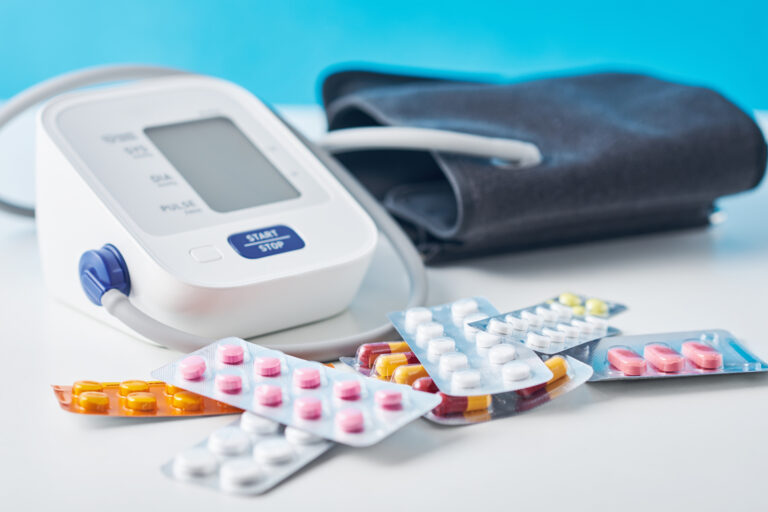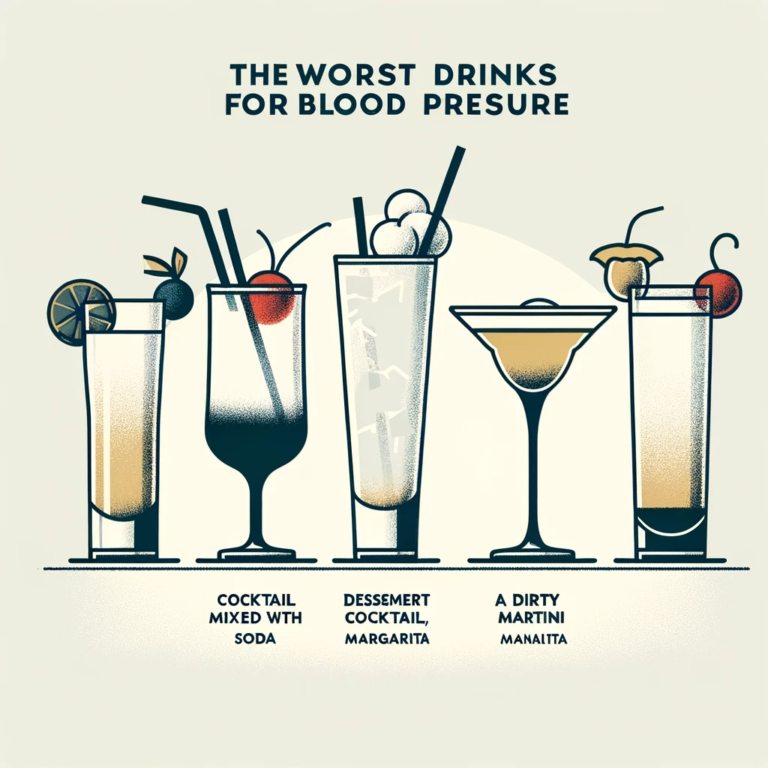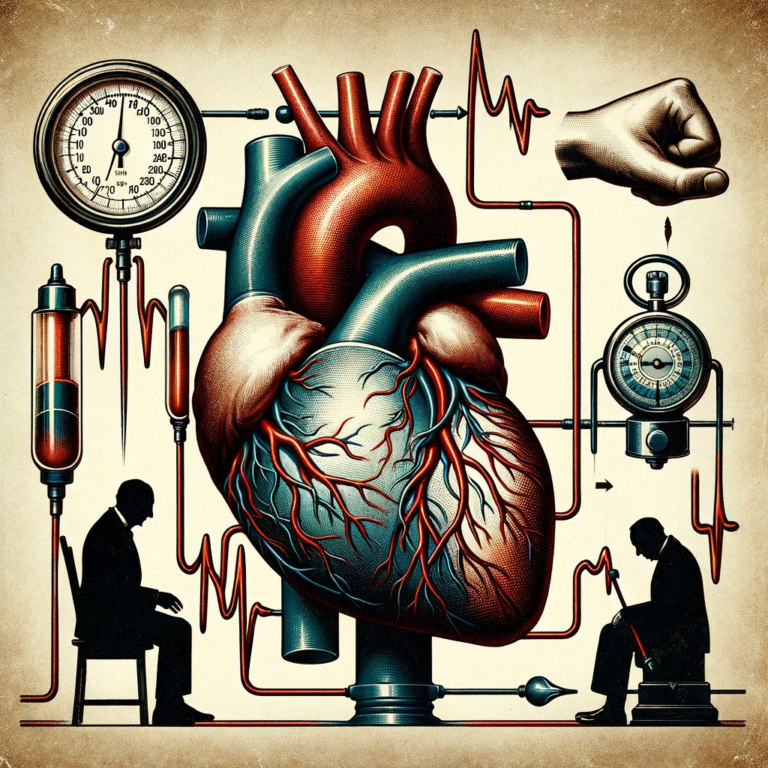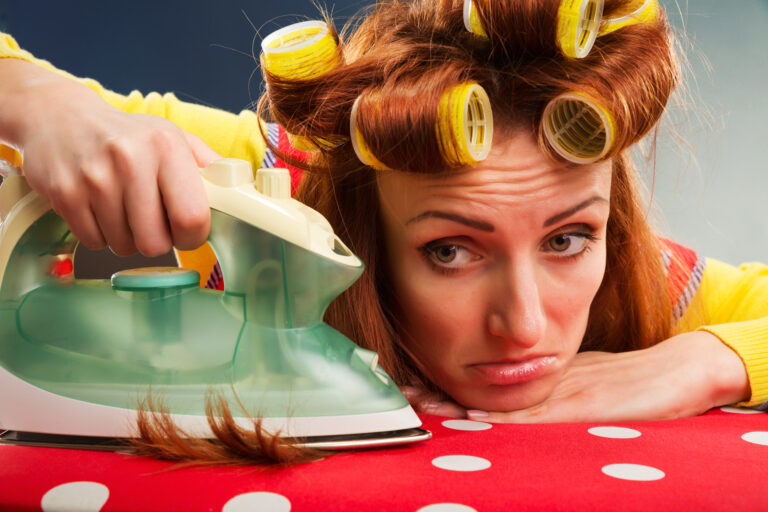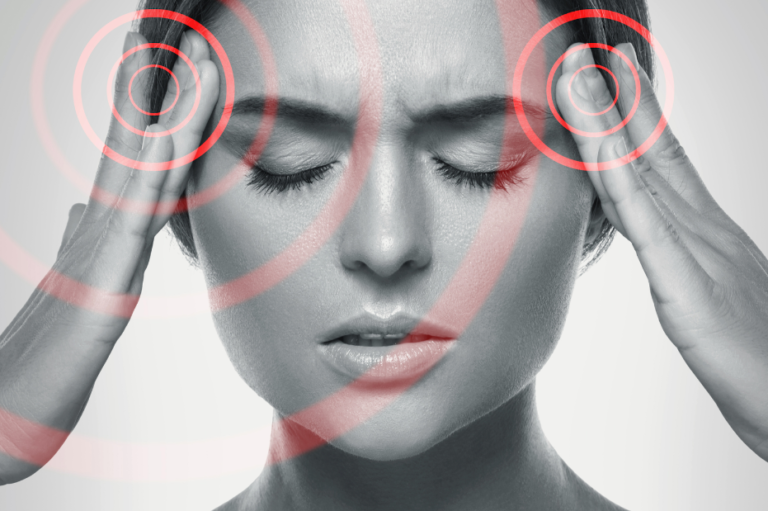Emotions such as anger play a significant role in influencing blood pressure. Several studies have explored the relationship between emotions and blood pressure, highlighting the impact of specific emotional states on physiological reactivity. What other negative and positive emotions can raise blood pressure? Read below.
The Mechanism Behind Emotional Influence on Blood Pressure
The body’s response to stress involves the autonomic nervous system and the release of stress hormones such as adrenaline, norepinephrine, epinephrine, dopamine, and cortisol. These hormones prepare the body for the “fight or flight” response, causing an increase in heart rate and the constriction of blood vessels, which temporarily raises blood pressure. Chronic stress can lead to sustained periods of increased blood pressure, potentially contributing to long-term health issues, including hypertension and cardiovascular diseases.
A study highlighted by the American Heart Association (AHA) found that increased levels of stress hormones, particularly cortisol, were associated with a higher risk of developing hypertension and cardiovascular events. This study, part of the MESA Stress 1 study, analyzed the relationship between stress hormones and the development of atherosclerosis in adults with normal blood pressure at the study’s start. The findings indicated that a doubling in the levels of these hormones could significantly increase the risk of hypertension and cardiovascular events, showcasing the profound impact emotional stress can have on blood pressure and overall cardiovascular health.
Negative Emotions that Raise Blood Pressure
Anger
Anger can trigger the “fight or flight” response, leading to a surge in stress hormones and a temporary increase in blood pressure.
Frustration
Similar to anger, frustration can activate the body’s stress response, contributing to higher blood pressure levels.
Sadness
Prolonged periods of sadness or depression may contribute to unhealthy behaviors such as poor diet and lack of exercise, indirectly affecting blood pressure.
Fear
Fear triggers the “fight or flight” response, leading to an immediate increase in heart rate and blood pressure.
Hostility
Hostility is associated with increased blood pressure during negative interpersonal interactions, as individuals with high levels of hostility experience greater increases in diastolic blood pressure in response to these stressors.
Grief
Can lead to stress responses that may temporarily raise blood pressure due to the body’s physiological reaction to emotional stress
Physiological states that can raise blood pressure
These two states can raise blood pressure:
Stress
Chronic stress is a key factor that can lead to elevated blood pressure levels. The body’s response to stress involves releasing hormones that increase heart rate and constrict blood vessels, raising blood pressure temporarily.
Anxiety
Anxiety, while a natural response to stress, can exacerbate the body’s stress response, leading to increased heart rate and blood pressure.
Positive Emotions that Can Raise Blood Pressure
Excitement
Positive excitement can also cause temporary increases in heart rate and blood pressure due to the body’s physiological response to heightened emotions.
Joy
Intense joy, while positive, can stimulate the body in a manner similar to stress, causing short-term increases in blood pressure.
Surprise
Surprising events, even if positive, can trigger a quick stress response, leading to a brief rise in blood pressure.
Managing Emotional Influence on Blood Pressure
Managing stress and fostering positive emotional health are crucial for controlling blood pressure. Engaging in regular physical activity, practicing relaxation techniques (such as deep breathing, meditation, or yoga), and maintaining a healthy lifestyle can mitigate the impact of emotions on blood pressure. Recognizing the sources of stress and developing coping strategies, such as time management and setting realistic expectations, can also help in managing stress levels and, consequently, blood pressure.
The relationship between emotions and blood pressure underscores the importance of comprehensive health management, including the consideration of psychological factors. By understanding and addressing the emotional contributors to blood pressure variability, individuals can take proactive steps towards maintaining cardiovascular health and overall well-being.
Conclusion
Both negative and positive emotions have the potential to raise blood pressure temporarily, and in the case of chronic stress, potentially contribute to long-term health issues. It is essential for individuals to recognize the impact of emotions on physical health and to adopt strategies that promote emotional resilience and cardiovascular health.
References
- American Heart Association. (2021). Elevated stress hormones linked to higher risk of high blood pressure and heart events.
- Mayo Clinic. (2022). Stress and high blood pressure: What’s the connection?
- American Heart Association. (2022). Managing Stress to Control High Blood Pressure.
